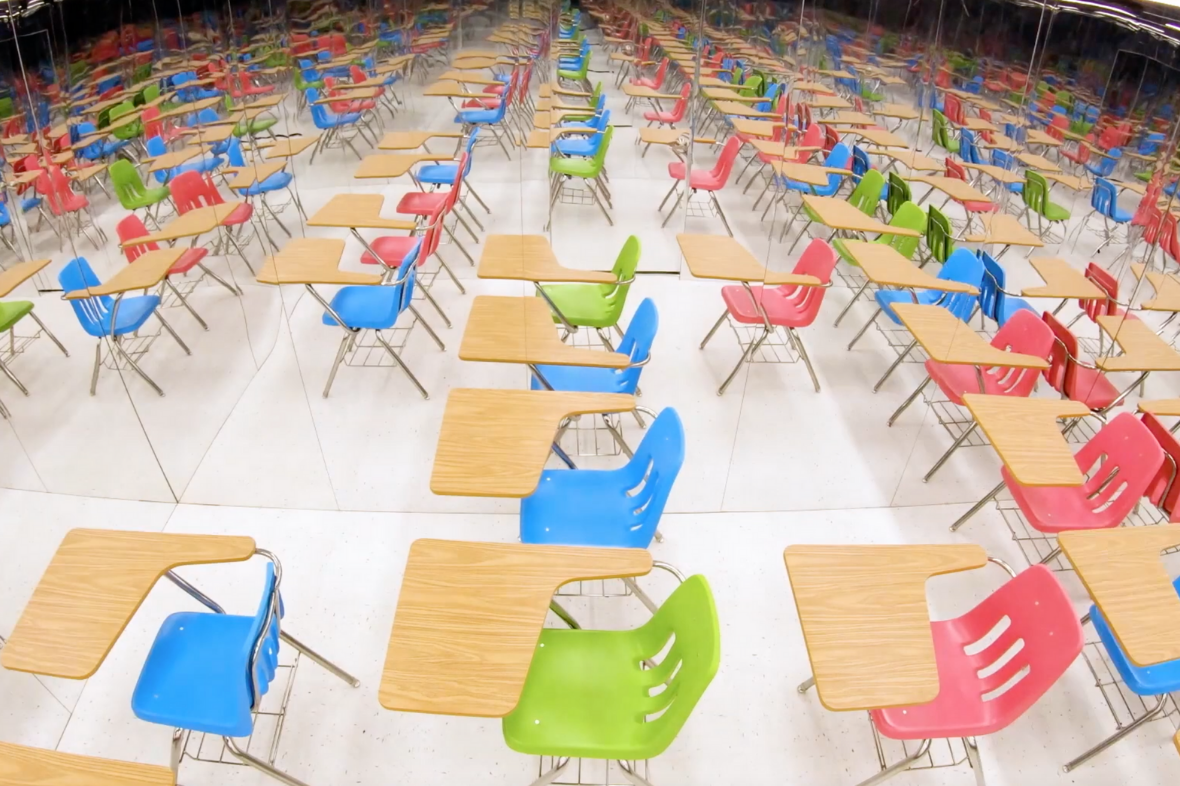
Bold funding plan can get every child in the world into school says UN envoy Gordon Brown
A new finance mechanism is needed to deliver education for all by 2030 - including every refugee and displaced child - the United Nations envoy said.
It may not have the catchiest name. But the International Finance Facility for Education is a bold plan that can help to make history.
With global co-operation, the IFFEd is the vital ingredient that could get every child in the world into school and learning.
That means every refugee and displaced child, every girl and boy in even the poorest countries, can have hope for the future.
An impassioned plea for the groundbreaking IFFEd to be adopted was made today at the United Nations by Gordon Brown, the UN Special Envoy for Global Education.
He was speaking ahead of the Spring Meetings hosted by the World Bank and International Monetary Fund in Washington, DC – a key moment in the international calendar attended by top decision-makers from governments, civil society organisations, finance and business.
“In a world where protectionism and confrontation are on the rise and international co-operation is in decline, it is time to make the case for global solutions to global problems,” Brown said.
“On the table this week at the World Bank’s annual meetings is a bold step forward in co-operation – a plan designed to help ensure that, for the first time in history, every one of the world’s 1.6 billion boys and girls are in school and learning.”
Brown said years of neglect had left 260 million children out of school and “another 400 million are functionally illiterate”.
He added: “Come 2030, more than 800 million young people – half of our youth – will, on current trends, leave school without even the most basic skills necessary for the modern labour market.”
The UN envoy said the Sustainable Development Goal of getting every child a quality education by 2030 will happen only with more – and better – funding.
He said education aid from international donors fell from $10 per child in 2010 low- and lower-middle-income countries to $8 today.
“Barely enough to pay for the cheapest text book, let alone teachers and school buildings,” he added.
Brown said IFFEd would unlock nearly $10 billion annually for new investments in education.
Theirworld is one of a group of major charities and organisations – who also include Save the Children, Avaaz, Global Citizen and ONE – who have called on global leaders to launch the facility.
They asked the G20 countries to make education financing a top priority by urging the World Bank, regional development banks and donors to establish the IFFEd.
The mechanism would complement – not replace – the existing education financing structure.
Learn more about IFFEd and how it works
Brown said: “The proposed facility draws its inspiration from two recent monuments to international development cooperation – the Heavily Indebted Poor Countries initiative which wiped out $100 billion of unpayable debt and the Global Funds for health and immunisation which have saved millions of lives.”
He paid tribute to Jakaya Kikwete, former Tanzanian President and a special envoy to the global Education Commission, which devised the IFFEd idea.
He has visited 14 African countries to spread the word about the plan.
In a blog published yesterday, President Kikwete described the IFFEd as “the biggest, boldest, and most profound step we can take to ensure that the next generation is not lost, but learning”.
At his United Nations briefing today, Gordon Brown also announced the establishment of the Inquiry on Protecting Children in Conflict.
Its mission is to examine ways to protect children in conflicts and ensure that those who abuse them are held to account.
